Prepping for a Winter Adventure
To Stay Alive, Be Prepared for the Worst
A few years ago I was at the Cody Ice Climbing Festival. The speaker one evening had a few stories of some amazing adventures that could have turned out terribly. Many of them weren’t good decisions, and he survived on pure luck. He wasn’t prepared. One such adventure involved him being caught in an avalanche, breaking his back, and surviving through the night by breathing hard. He couldn’t move (stuck, not paralyzed), and the only exercise to keep himself warm was to breath rapidly. Fortunately in the morning a helicopter spotted him and he was able to be flown to safety.
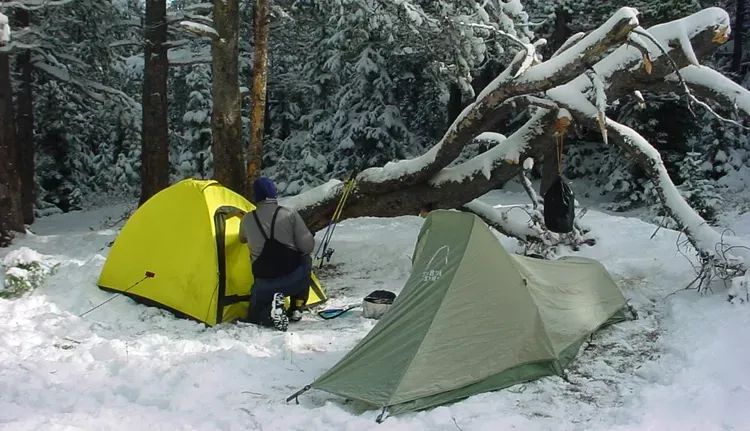
The takeaway wasn’t to go on zany adventures risking life and limb. It was actually to make sure that you’re prepared for the worst so that if it does happen, you don’t die. Remember, luck favors the prepared.
Dress Warmly; Bring Layers
Living in Billings, the banana belt of Montana, we don’t often have to dress warmly. I’ve been in short sleeves and flip-flops in December numerous times. When we get outside of our warm little bowl here, the temperatures are vastly different, and they can change dramatically throughout the day.
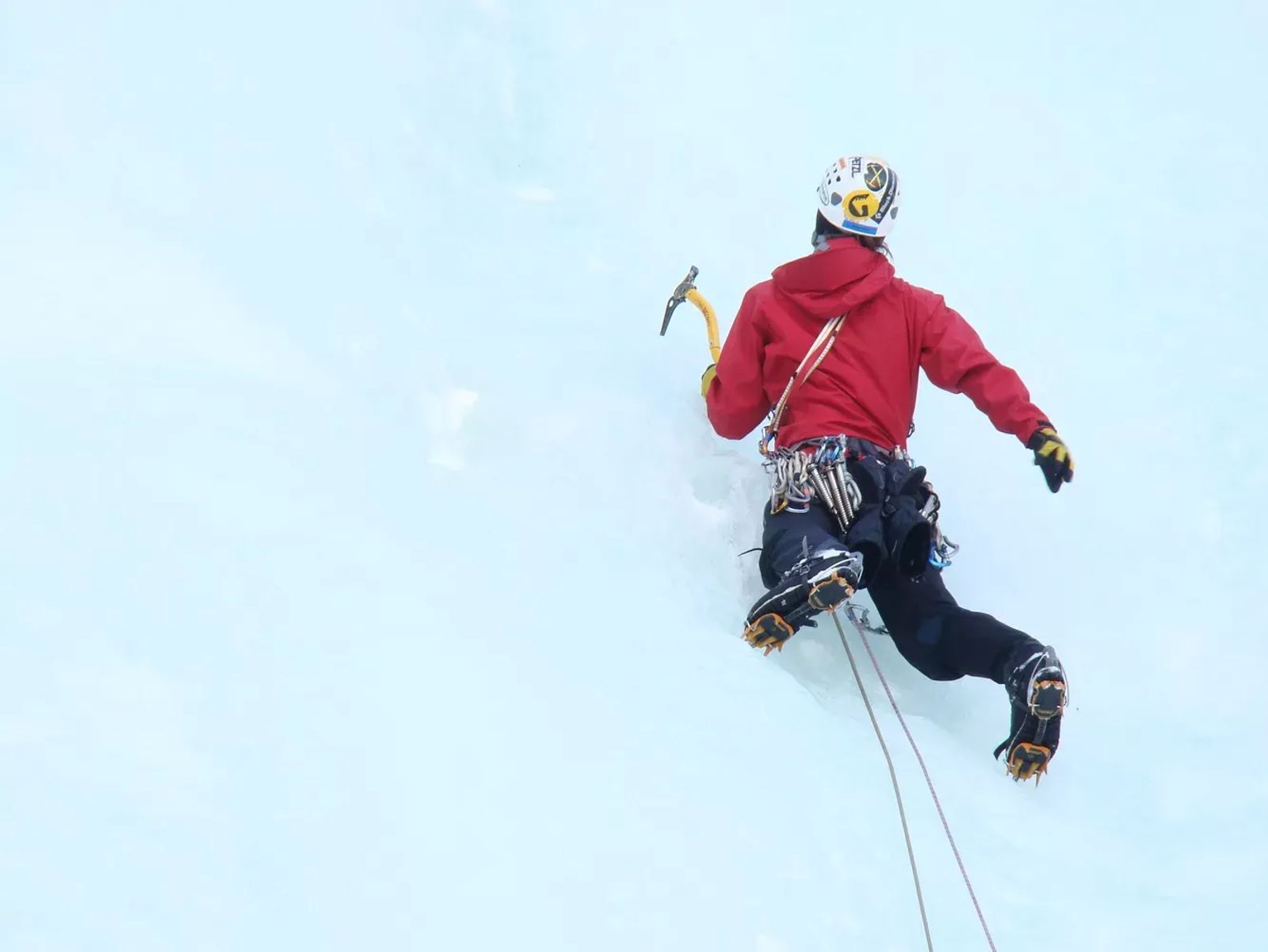
Most often we think that the day gets warmer as it progresses. When you’re out having fun ice climbing, snowshoeing, or winter camping, that’s not always true. Temperatures change quickly, and you have to be dressed for the occasion. A tight fitting base layer, a looser mid layer, and a weather proof outer layer will keep you warm against wind, snow, and rain. Those layers will also allow you to change it up when the temperatures rise, or fall. Stuffing an extra down layer in your pack is always a good idea too.
Know Where You Are
There are two reasons people get lost in the woods. They don’t know where they are or they’re incapacitated and unable to get back to civilization. The first is preventable; the second is manageable if prepared. Knowing where you are involves not just an understanding of the location, but the ability to navigate. GPS makes that easy, but a compass is tried and tested.
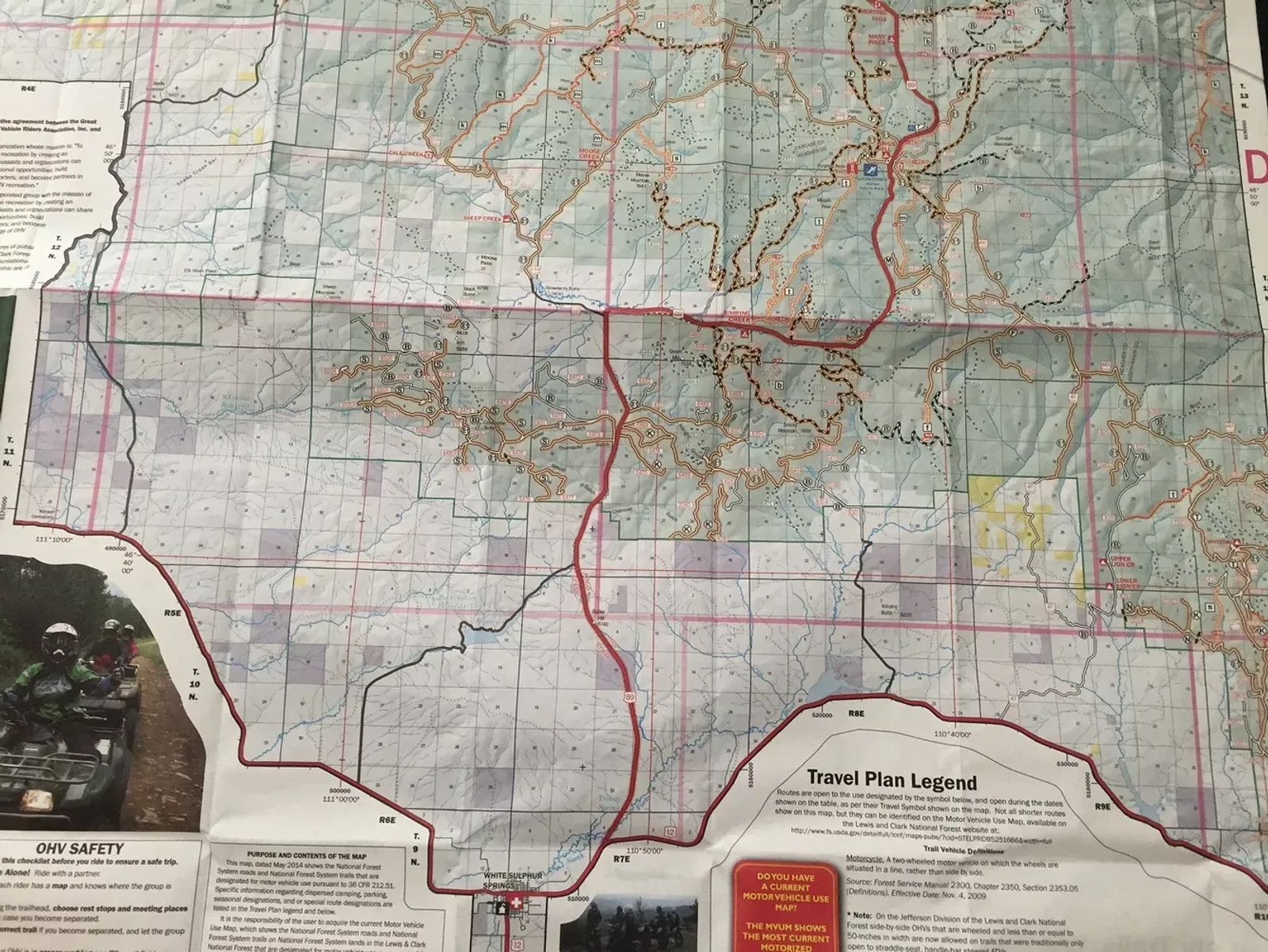
The important thing is that it’s not just you knowing where you are, but it’s also letting someone else know where you will be (and when you’re planning to return). Remember back in 2003 when Aron Ralston got his arm caught behind a boulder and after 127 hours cut off his own arm to survive? It’s an amazing story of survival, but also one of foolish negligence. Had he told friends or family where he was going, he may still have both arms today.
Bring Extra Food
In modern society, we’re all about exercising, weight loss, counting calories, and trying to reduce our carb intake. When you’re in the mountains, forget all about that; especially during the winter months. Not only should you bring enough food to be comfortably full, you should bring extra food in case your trip lasts much longer than you expected.
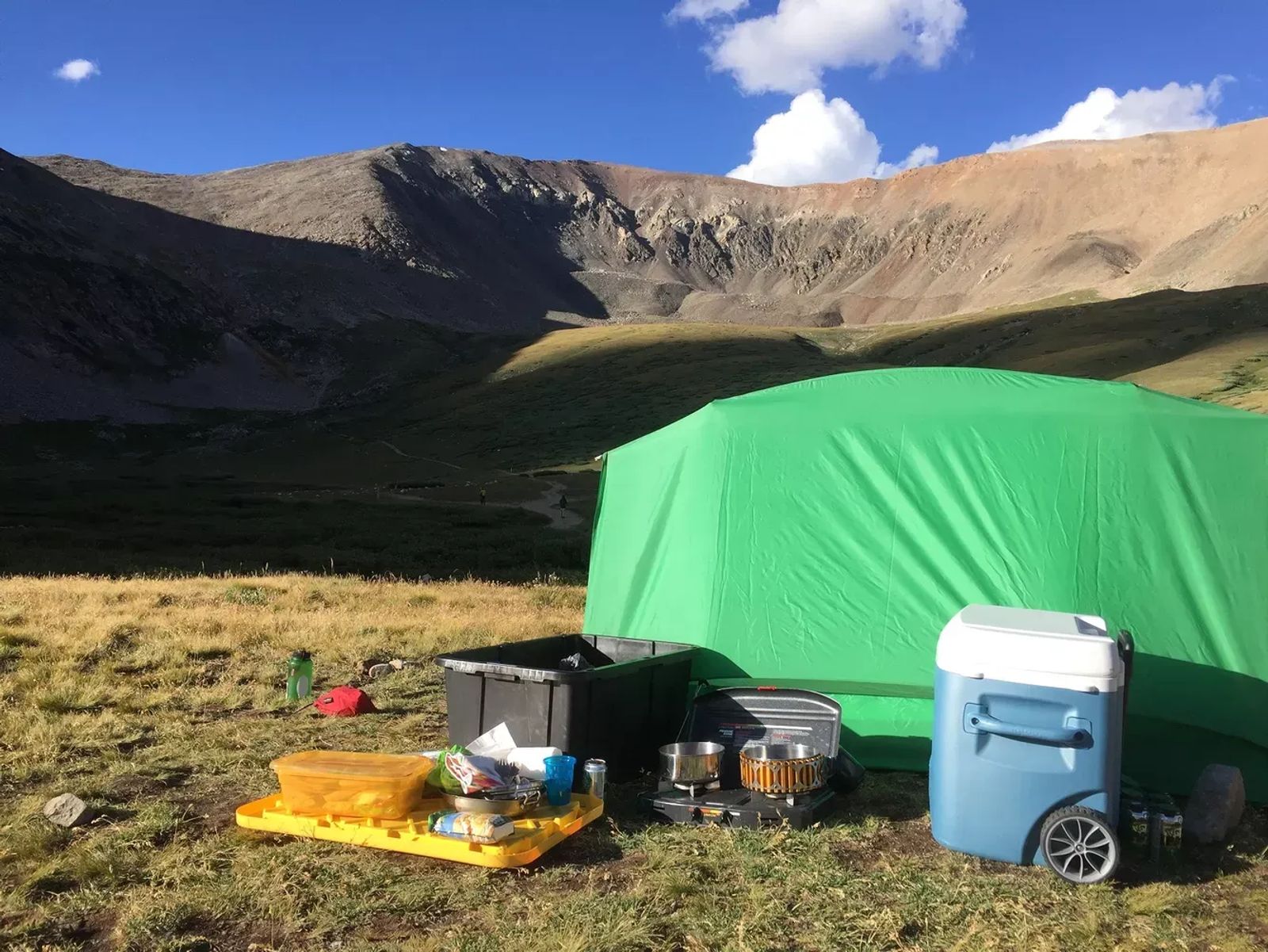
Most people view calories as something to be avoided. Many people constantly try to opt for the low calorie version of foods. In reality, calories are units of energy. When you’re backpacking, hiking, climbing, and skiing, you want more energy. What’s more, as your body uses the calories, it creates heat. If you have ever woken up in the night while camping and you’re chilled, a small snack will help your body create more heat to stay warm.
Know How to Spend the Night
Your day trip to the mountains is planned out to take place in just one day. If something was to happen, and you couldn’t make it back out, where would you find shelter? Unless you have brought a tent, which most people don’t do for a day trip, you could be at risk of staying the night exposed to the elements. With winter temperatures quickly dropping below zero, even if you survive you may not have all your toes.
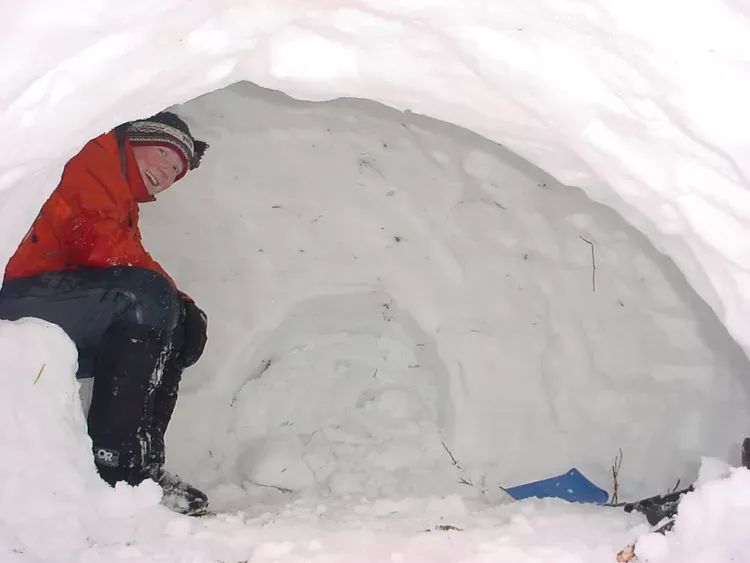
Something as simple as a space blanket can help trap heat and keep you alive overnight. Natural shelters, quinzhees, and snow caves can improve your odds of survival even further. Knowing the area where you are exploring, and knowing how to build a shelter are essentials to making sure being stuck overnight doesn’t turn into your last adventure.
 by Scott Sery
by Scott SeryScott is a writer, outdoor enthusiast, beer snob, and woodworker. When he is not out exploring all of the wonders around Billings, he loves to sit down for a frosty brew at one of the many great breweries we have available to us. You can read about most of his adventures, and many of the fine brews he has sipped right here. Find out more about Scott at ScottSery.com
